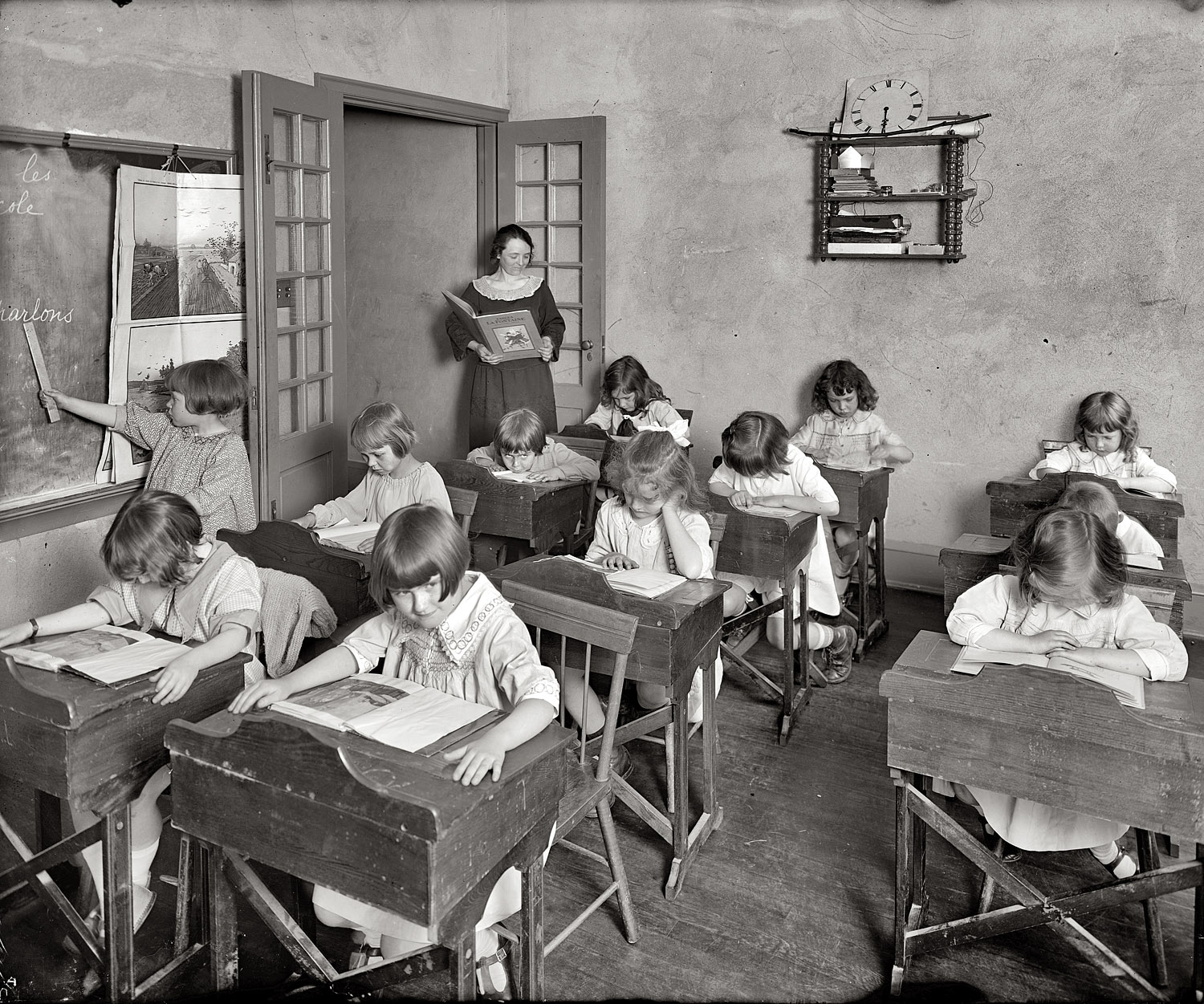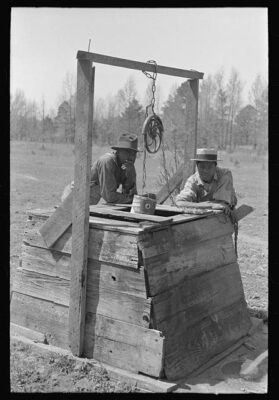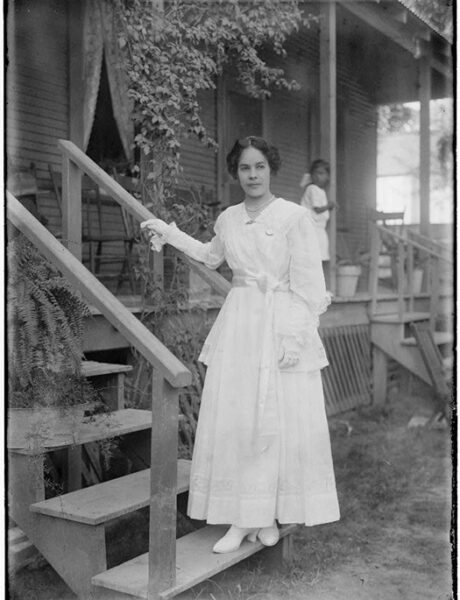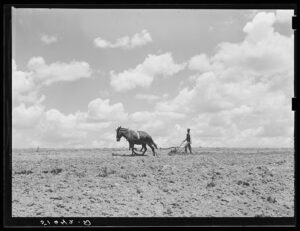SOUTHERN LEGITIMACY: I was born in Savannah and lived all my life in Georgia until I graduated from the University of Georgia. My mother was born in Paducah, Kentucky, and her mother in a village in west Tennessee too small to have a name. Her father, Orlando Payne, owned slaves, fought with the Confederacy, and remained unreconstructed through the beginning of the Twentieth Century. For balance, Orlando Payne was first cousin to Cassius Marcellus Clay, the Kentucky abolitionist. I tend to side with Mr. Clay’s politics, but I still believe in courtesy and grits.
MY HOUSE HAS PROBABLY FALLEN IN BY NOW
but I doubt the beach is quite yet gone.
I hear the old Tybee road’s still okay,
if you drive slow.
They got rid of those rusted “Erector Set” bridges,
no more waiting while some dumb dinky
boat with a high mast
makes the bridge turn sideways
on a stack of pulleys and gears
I would’ve loved to’ve fiddled with
when I was eight.
But don’t worry about that.
Find Victory Drive and turn left,
or turn right if you’re going the other way,
head east toward the ocean.
The Victory was about World War I,
happened over 100 years ago.
We planted magnolias along that drive,
bloom sweet pink, white, and red in February,
gone by March.
But don’t worry about that.
Keep going. Oh, stop for crabs in Thunderbolt.
I mean eat crabs, not crabs foaming over the road
or some weird Biblical shit like that.
Eat crabs if you want but then keep driving
over the stacked stone bridges, five of ‘em,
won’t turn sideways on gears,
five monuments to junked machinery.
Now it’s time to worry a little.
Along that flat part past the ruins of Fort Pulaski,
it’s been merging with the marsh at high tide. Swamped
is what it’s being, reclaimed
up from Florida by the alligators and the pythons,
“for behold, I will send serpents.”
Those slimy bastards never dared that
when I was a kid, but the oceans,
they’re on the rise, oops,
shush that, that’s
blasphemy.
Don’t worry about that.
You’ll get to the beach if you don’t flood out.
Beach’ll still there
like I told you.
Those condos though.
Those condos are toast.
Don’t worry about them.
Drive around south and look west,
hell of a bloody sunset over the sandbar.
That’s where my Aunt Bea
used to hang her bait for crabs.
MASSEY SCHOOL BUILT IN 1856 ON THE PATTERN OF AN ANCIENT GREEK TEMPLE
The golden ratio can be used to fashion brick
to classic balance and perfect symmetry.
A temple for learning and reason,
built for the sons of honest sons of Englishmen
by the enslaved. But even the glorious Greeks
had slaves. Even Thomas Jefferson could not give up
the warm comfort of his cradle-to-grave
slaves. Some things are just too compelling to let go,
like cane sugar, like broadleaf tobacco, like
incest, those fathered by their masters
and later used, as the custom used to be.
Aren’t we all servants of some institutions,
masters of others? The bricks of the temple
can align with lunatic lines of logic
as the sun sets and the mortar shimmers
with whatever liquid has been spilt to mix it.
Rain darkens the brick in December, not
just the walls but the sidewalks are brick, even
some Savannah graves are built of bricks,
but who favors graves, save martyred souls, and
everybody’s too polite to bring them up
at civilized congregations.
I had a third-grade girlfriend at Massey School,
Linda Kay. She told the teacher, crying, begging
not to be kept after school, that her mother
whipped her with a garden hose. It took me
fifty years of puzzling to realize she meant
a hose truncheon like those used by interrogators.
The image I had then was of Linda Kay’s mother
wielding a long hose, like a circus act:
Amazing 20-foot garden-hose whipping-
the-Linda-Kay extravaganza.
We’ve all borne our whippings and swallowed the harm.
The brick may sweat children’s blood, but
it washes away in the rain.
You can still enjoy the classic symmetry
Massey School still standing there on Gordon Street.
SORRY, I’VE GOT TO GO
Malo Mori Quam Foedari*
— Payne Family Motto
The sun hits the wall of the little nest
my new wife, Ann, has made of our flat
on Bishop Street, and the light angles
across the old pine floor. March wind
flexes the plastic tacked to the windows,
but Heather, wise in the ways of cats,
has curled up in a plank of sun, and sleeps.
I’m holding the just-arrived with no stamp
single-page onionskin government letter.
Despite jokes and rumors, it doesn’t say “Greetings.”
I’m frozen.
Carol King looks across barefoot from her record cover.
Dylan’s head explodes with psychedelic delirium,
a poster we’ve thumbtacked over our mattress.
Heather yawns and stretches.
We’ve argued all year about Canada
or prison, the hard moral choices,
or that psychiatrist in Boston who’ll write
insane diagnoses, or other even more
convoluted options.
All that hot talk now stilled
by this one thin blade of ice.
Somewhere in me, old blood
pumps with martial obligation.
It’s so stupid—it’s not even the right war—but no
choice, never had one. This translucent typed order
nullifies evasion.
I know I’ll let them take me.
* I choose death over dishonor.
A SANDSPUR
magnified is a rod of spikes.
I know. I rigged the photomicrograph they used
in the Valdosta High School yearbook for years after I fled.
An eccentric icon for a high school,
you might say, but a certain rough humor
was de rigueur in that territory.
Backlighted, it’s strangely translucent. The stem
leads upward on a slant, the barbs appear
too rounded at this magnification to penetrate,
but they’ll stick fine at their own scale,
as you try to clear your socks
or your brain,
whichever the most compelling penetration.
There was Coach K who liked ripe reddened
boy asses. I hated his grin. He got run
out of town sometime around 1961.
And the thirty-year-tenured Bible-quoting
Miss R who gave girls A’s, boys D’s,
finally fired, finally, the year before the year
she would have spiked me on her D.
Sandspur sap flows hard with why complain
when you’ll be the one gets the blame.
But like I say, you had to take hold of the humor
as you ended each day picking out the sharp
spine-covered burrs.







